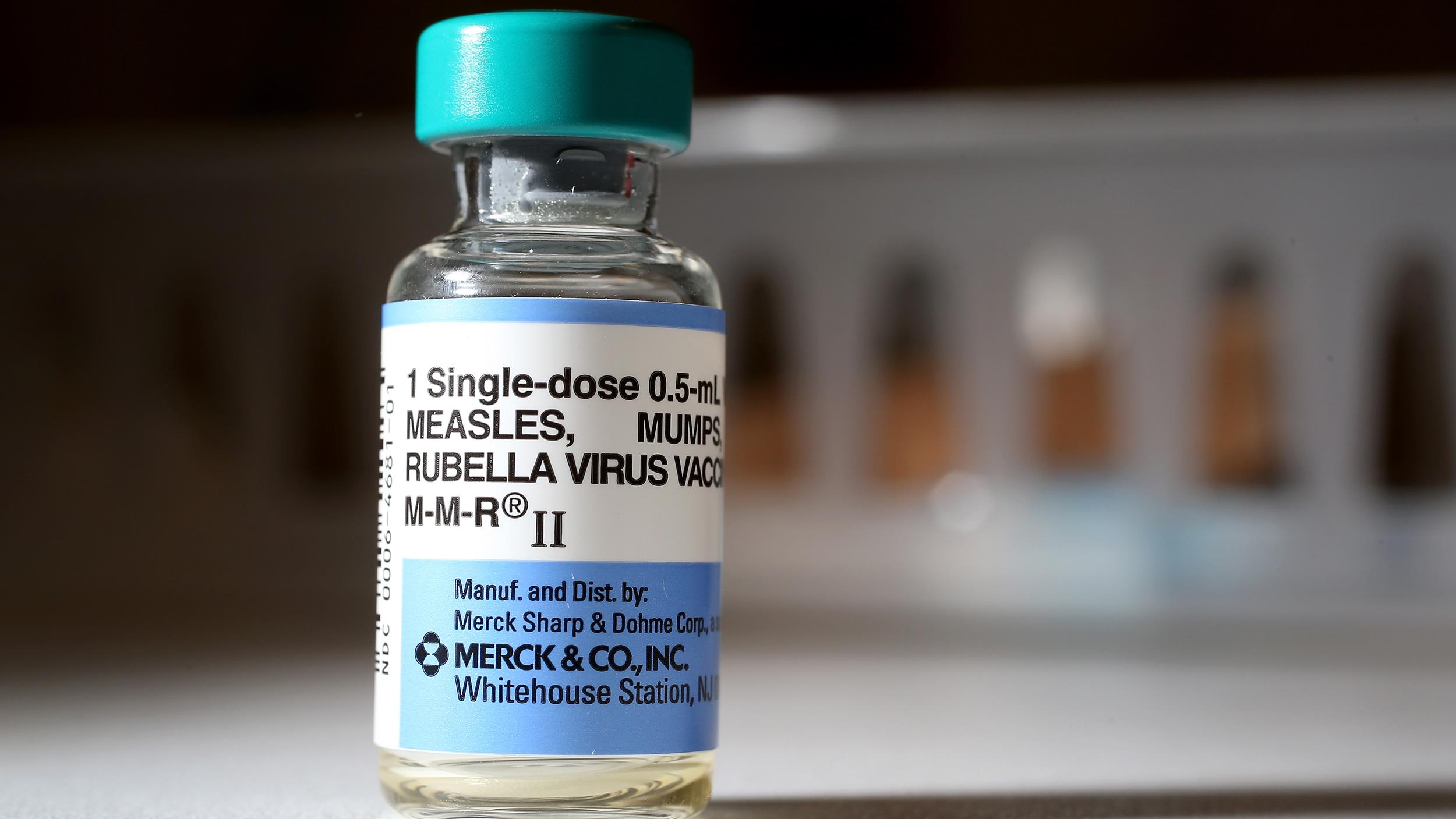As part of the routine immunization schedule, the Ministry of Health (MOH) has added a second dose of the measles-rubella vaccine for children older than one and a half years.
Dr Alfred Driwale, the manager of Uganda’s National Expanded Immunization Program (UNEPI), reassured the public that the global goal is to eradicate measles, and Uganda has chosen to start administering the vaccine in two doses since the current one only gives 85% protection.
A measles-rubella vaccination is administered to a kid at nine months of age, according to the current national schedule. The newly introduced second dosage, which will begin in March, will be given to infants aged one and a half years.
According to the Ministry of Health, all children between the ages of one and four will need to receive a second dose of the measles-rubella vaccine by October 2022; at that point, all children will need to have had doses of the vaccine in order to be deemed completely immunized.
While at the launch conference, countries discussed experiences on the introduction of vaccinations after the first year of life of children but also what Uganda may learn from abroad, which also included other immunization specialists from elsewhere in Africa.
According to Dr Simon Antara, Executive Director of the African Field Epidemiology Network (AFENET), Ghana has been an excellent example of a country that is performing well after one year of heavy coverage of recently launched vaccinations.
He stated that societies must be prepared to absorb new vaccinations when they become available, as immunization programs will evolve in response to the illness load that countries now experience.
Uganda, on the other hand, has plans to provide several new vaccinations for infants above the age of one year, including those against meningitis and yellow fever, initially in endemic regions. Dr Driwale notes that thus far, for children over a year old, they only have HPV for ten-year-old females and Tetanus for teenage girls.
As the COVID-19 pandemic reached its peak, the World Health Organization has been reporting that countries experienced significant disruptions in the uptake of routine vaccines. However, according to Dr Driwale, these disruptions only occurred early on in Uganda’s experience, and the nation quickly developed stability in its healthcare system that allowed it to connect with people with routine services.

